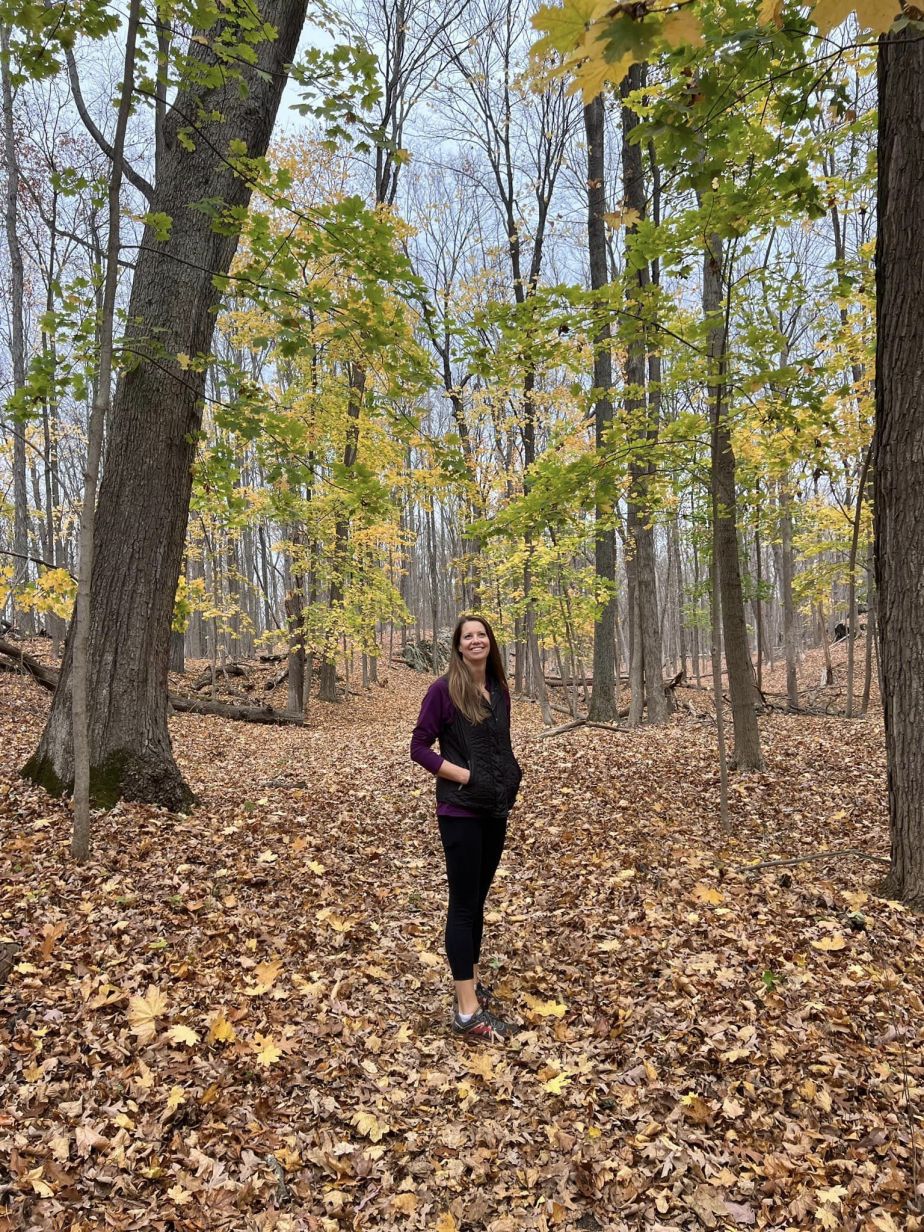About us
Kate Warner, LCSW
owner/therapist
I am a Licensed Clinical Social Worker with over 15 years of experience working with children and their families. I have served children throughout Central Pa in a variety of settings including Early Intervention, education, behavioral support, Child Welfare, and Developmental services. My years of practice have laid the foundation for my ongoing work of empowering families and providing children with the connection, engagement, and support for healing and growth.

the treehouse philosophy
embrace. connect. grow.
At treehouse counseling, we recognize that parenting isn’t always easy. Caregivers are faced with almost impossible expectations but no clear roadmap. No one was born with all the answers or with knowing exactly what to say or do. It's confusing and stressful to exist in an everchanging world that's not built for one's unique needs. Layered with the endless demands of life in the 21st century, so many of us feel overwhelmed or even isolated. But you are not alone! Treehouse counseling is here to meet you where you are and join you on the journey.
With a collaborative approach and a therapeutic partnership, I strive to provide families with the tools and confidence to navigate life’s uncertainties. I utilize a variety of neuro-affirming, child-centered techniques including: therapeutic play, expressive arts, sand play, cognitive behavioral therapy, and parent coaching. I have had training in AutPlay Therapy and am an ADHD-Certified Clinical Services Provider. My practice often focuses on strengthening self-esteem, navigating learning and school needs, empowering autonomy, emotional regulation through sensory integration techniques, strengthening executive functioning skills and promoting self-advocacy. More than anything, I tailor my process to the needs of each child. Together, we can embrace the opportunities ahead for learning, repair, and growth.
Check out my Partners page to learn more about other trusted clinicians in the Elizabethtown, Pa area.

What is 'Neuroaffirming' practice?
First, it is important to understand the term 'Neurodiversity' which was coined in the 1990's by Judy Singer, an autistic Australian Sociologist. 'Neurodiversity' describes a unique way that brains work. This term is often used in conjunction with 'Neurotypical' which refers to what is considered to be a more common brain representation. It is important to point out that 'neurotypical' is not synonymous with 'normal,' but rather refers to the belief that the 'neurotypical' brain type occurs more frequently in the natural world. However, all types of diversity are essential to the survival of all species--that includes diversity in brain types.
'Neuro-affirming' is a term used to describe a strength-based approach for supporting, accepting and valuing the differences in how individuals think, learn, and experience the world. Many therapists, teachers, parents and caregivers may choose to take a strengths-based approach to collaborating with an Autistic person, or a person who experiences anxiety, Borderline Personality Disorder, ADHD or depression.
At treehouse, all are welcome as they are. I aim to empower each person's unique strengths and needs while promoting autonomy and self-advocacy. This often involves supporting the individual as they learn to interpret their internal messages, identify their needs, and then to adapt their environment to address those needs. There's no right or wrong brain type. We are not broken. We do not need to be 'fixed.' Each person's experience is unique and I work to help children understand their own way of thriving in the world.
Different is not less. For in diversity, there is strength.
Why Play Therapy?
Play is learning. Play is communication. Play is transformative.
According to research by Dr. Karyn Purvis, scientists have discovered that it takes approximately 400 repetitions to create a new synapse in the brain, unless it is done in play, in which case it only takes 10 to 20 repetitions.
Play allows a child to master their world while conquering their fears. Through play, children learn how to navigate peer relationships, practice problem solving and even help resolve conflicts. When the child leads in play, they can practice making important life choices and integrating intense emotions. Playful interactions foster also support and strengthen fine motor, gross motor, and executive functioning skills. .
Play Therapy builds on the natural way children learn about themselves and their relationships in the world (Axline,1947; Carmichael, 2006). Through play therapy children/teens learn to communicate better with others, express feelings, modify behavior, develop problem-solving skills and learn new ways of relating.
Treehouse Counseling uses primarily a neuro-affirming play therapy model in working with children, adolescents and families. Play therapy is the treatment of choice in mental health settings for children of all ages and is especially appropriate for children 2-13 years. Play therapy is used as an intervention of multiple conditions and concerns, such as anger management, grief, loss, family dissolution and trauma (Gil & Drewes ,2004: Landerth, Sweeney, Ray, Homeyer & Glover, 2005). It is also used for modification of behavioral disorders including anxiety, depression, attention deficit hyperactivity (ADHD), autism or pervasive development, academic and social development, physical and learning disabilities and conduct disorders (Bratton, Ray & Rhine).
Research supports the effectiveness of play with children whose problems are related to life stressors such as divorce, death, relocation, hospitalization, chronic illness, stressful experiences, physical/sexual abuse, domestic violence, and natural disasters.
Click the logo below for more information on the healing powers of play.

